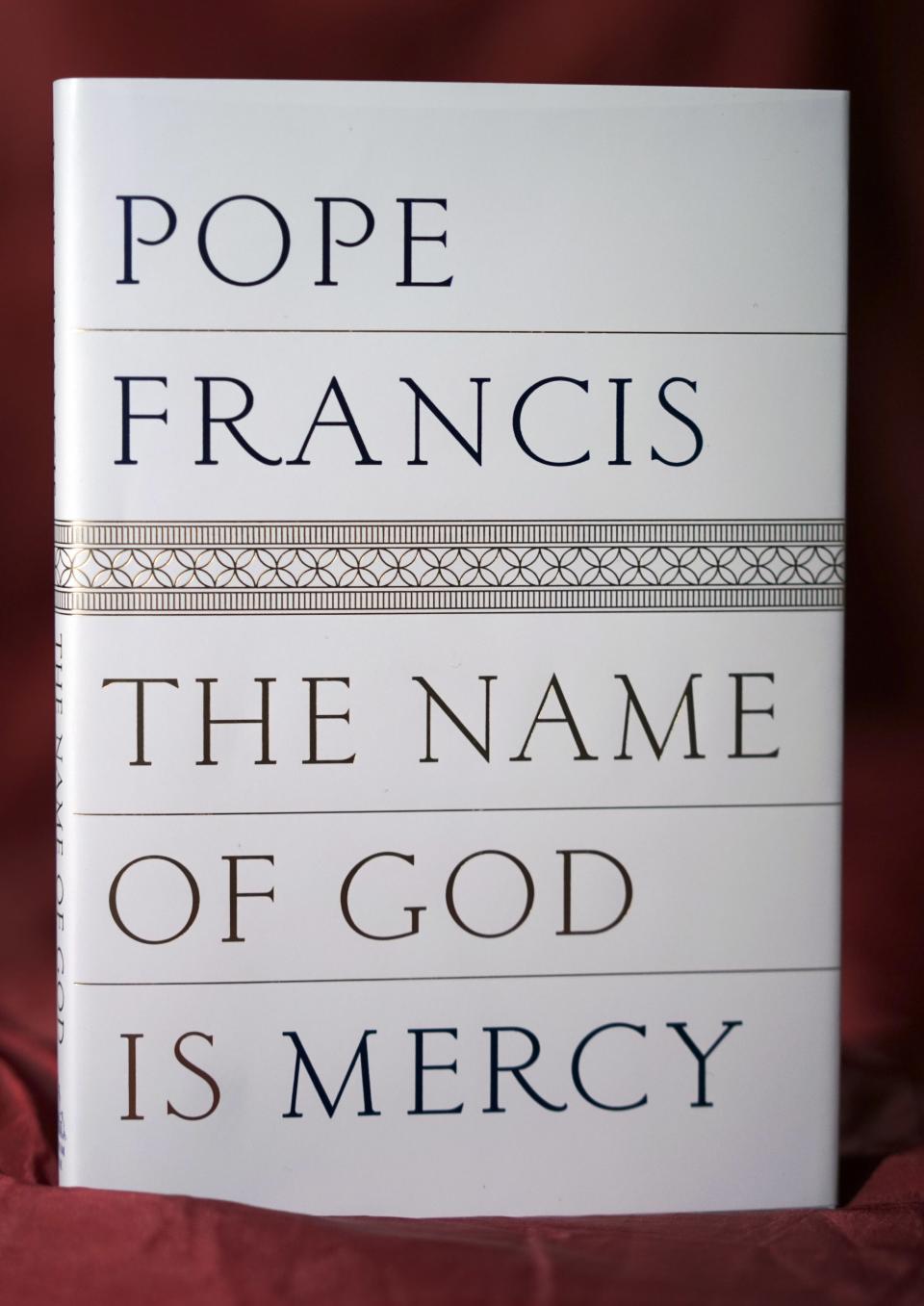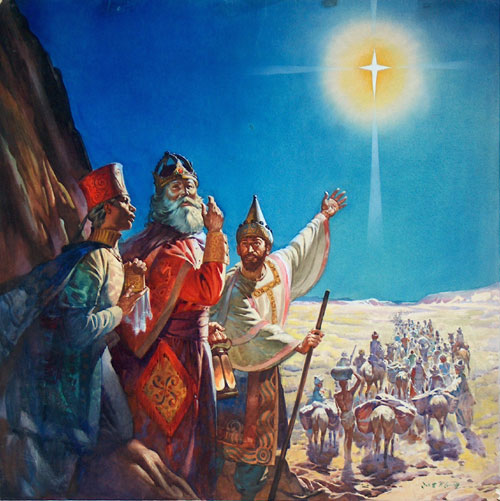By James Carroll
A book on mercy might be expected to be a warm bath in kindliness, all sweetness and light, but Pope Francis, in “The Name of God Is Mercy,” offers a tough-minded reflection on an urgently needed public virtue, together with firm, if kindly, pushback against his critics.
The Pope’s now mythic line—“Who am I to judge?”—endeared him to many who long for humane authority, but it alarmed those who worry that the traditional center of religious and social order cannot hold. (Who are you to judge? You’re the Pope, that’s who!) That the question was asked in the context of an apparent tolerance of homosexuality made it especially threatening to the culture warriors, for whom gay rights is a flash point. Was the Pope yielding on a point of doctrine? Indeed, was doctrine at risk in his seeming openness to readmitting the divorced and remarried to Communion, or in his refusal to give due emphasis to other touchstone issues of sexual morality? Was there, in the Times columnist Ross Douthat’s incendiary phrase, a “plot to change Catholicism”?
The Pope’s new book is framed as an interview, and, as if to be sure that he is understood, he welcomes a return to that totemic question. And he makes clear that, yes, “Who am I to judge?” is a defining position, but for Francis it is a stance rooted in a strong sense of mercy. When his interlocutor, a Vatican reporter named Andrea Tornielli, raises the critics’ objection—“Can there be opposition between truth and mercy, or between doctrine and mercy?”—Francis’s answer is forthright. “I will say this: mercy is real; it is the first attribute of God. Theological reflections on doctrine and mercy may then follow, but let us not forget that mercy is doctrine. Even so, I love saying: mercy is true.” Against those who obsess that the Pope is failing to uphold doctrine, Francis recalls that, in the Gospel, such critics “represent the principal opposition to Jesus; they challenge him in the name of doctrine.” And he adds, “This approach is repeated throughout the long history of the Church.”
Not that Francis equates himself with Jesus. What makes his book most moving is the way in which this man, without disrespecting his own privacy or offering false bromides of modesty (what Douthat derides as “ostentatious humility”), opens the sacred space of his conscience to explain how he came to center his ministry, and now his papacy, around mercy. “The Pope is a man who needs the mercy of God,” he tells Tornielli. “I said it sincerely to the prisoners of Palmasola, in Bolivia.” Palmasola is the infamous, vastly overcrowded, and hyper-violent penitentiary that Francis visited last July. “Every time I go through the gates into a prison to celebrate Mass or for a visit, I always think: why them and not me?” he says. “I should be here. I deserve to be here.”
In “The Name of God Is Mercy,” Pope Francis lets us see how he came to be the man he is. His most profound and shaping instruction, he says, occurred on the priest’s side of the confessional screen, where he was long entrusted with litanies of suffering, failure, despair, and sin. “When I heard confessions, I always thought about myself, about my own sins, and about my need for mercy, and so I tried to forgive a great deal,” he says. This was what he calls “the gift of confession,” and it was transforming. When he was a parish priest in Argentina, he tells Tornielli, a woman he knew “had to prostitute herself to provide her children with food.” He made sure that she and her children received gifts at Christmastime, but when the woman came to thank him, it was not for that. Rather, she explained that she was grateful “because you never stopped calling me ‘Señora.’ ”
“As a confessor, even when I have found myself before a locked door, I have always tried to find a crack, just a tiny opening, so that I can pry open that door and grant forgiveness and mercy,” Francis says. His new book comes out toward the start of the Extraordinary Jubilee of Mercy, which he inaugurated in December, in a centuries-old ritual, by unlocking the ceremonial Holy Door of St. Peter’s Basilica. The Church of which Jorge Mario Bergoglio became Pope, nearly three years ago, was itself a locked door. As Francis, he has, exactly, found a “tiny opening.” He is pushing, and, to universal surprise, the door is beginning to swing open.
….







